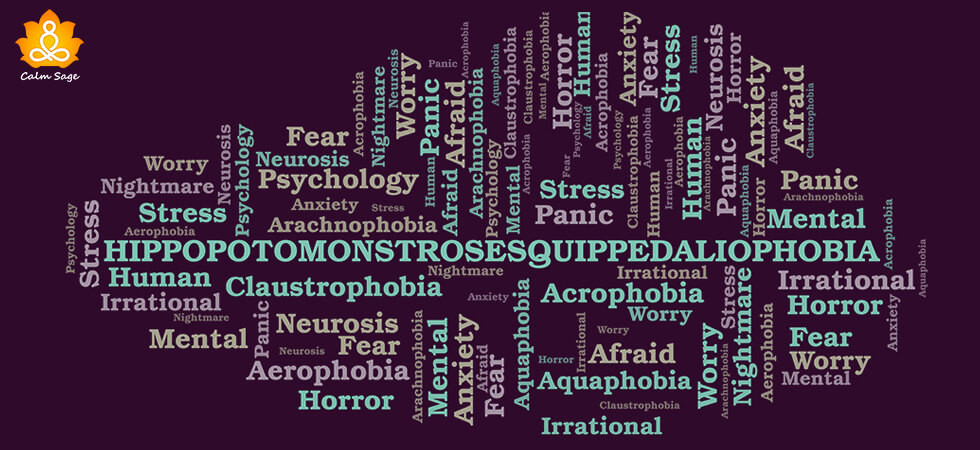Six ways to help manage cravings and urges
When recovering from an addiction, managing cravings isn’t easy. Here, we share six key tips to help you through these unique challenges
It’s normal for anyone who has an addictive behavior to experience cravings, but that doesn’t make them any less frustrating. During the initial stages of recovery, they can be intense, but over time, and with perseverance, they will subside.
Cravings can be both physical and psychological in nature and are generally most intense during the withdrawal period. The brain will work overtime, and may come up with all sorts of excuses like: “This will be the last time.” As for how long cravings will last, it isn’t possible to put a timeframe on that, but the key thing to remember is that they are not permanent.
If not handled properly, cravings can lead to a relapse, so the most important thing is to know your triggers and to learn strategies for dealing with them. Here are six tips to help you manage cravings and urges.
1. Be aware of your triggers
A trigger is a stimulus that sparks a craving and could include a place, time, event, person, emotion, or a withdrawal trigger – which is a biological response to the lack of an addictive substance. Try keeping a journal and taking note of when your cravings arise throughout the day, as well as your accompanying thoughts and emotions. If you know your triggers, this can help you to anticipate cravings as they surface. Consider which triggers you could avoid, but recognize that some will be unavoidable.

2. Find a distraction
When a craving arises, stop what you’re doing and distract yourself with something else, which could help take your attention away from the addictive behaviour. By simply changing your routine, you may be able to shake off a craving. Consider starting a hobby, as this can provide you with something else to engage in. Perhaps you could do a creative activity such as baking, arts and crafts, writing, or anything that takes your fancy.
3. Positive self-talk
Having cravings can trigger automatic responses, which are often not conscious – for example: “I want a cigarette, so I’ll have it.” Saying no to these urges is perhaps one of the most difficult things to do. Try to replace the urges with a positive statement that overrides them. You could also write a list which contains all the reasons you’ve decided to quit your habit, as well as the negative consequences of continuing with it. Having the list to hand when you feel a craving come on could help you to overcome the urge and feel empowered.
4. Embrace exercise
Exercise is an easy way to reduce cravings, as it releases endorphins and boosts your energy. Studies show that short periods of physical activity can help to reduce withdrawal symptoms and cravings. When a craving arises, use it as a prompt to go for a walk or jog, or even go up and down the stairs in your house a few times. If exercise isn’t part of your lifestyle, try setting aside a regular time for exercise that fits in with your personal schedule.
“Having cravings can trigger automatic responses, which are often not conscious – for example ‘I want a cigarette, so I’ll have it’”
5. Be prepared for triggering situations
If there are people, places, and things that constantly trigger cravings, it may be best to avoid them. However, it is always good to have a plan, in case you do find yourself in a triggering situation. Consider in advance what you will do and how you will leave. It may be a good idea to have someone to call for support. While avoiding triggers is important, it can be equally beneficial to replace them with healthy behaviors, such as practicing meditation or spending time with people who care for you.
6. Reach out to your support network
Professional treatment with a therapist may be necessary to overcome addiction, which can enable you to manage triggers and cravings as well as feel supported. It can be equally beneficial to be part of a group, to not feel alone on your journey. Consider joining a support group with other recovering addicts. Connecting with others in similar situations can really help bolster our inner strength, and offer encouragement and support.




